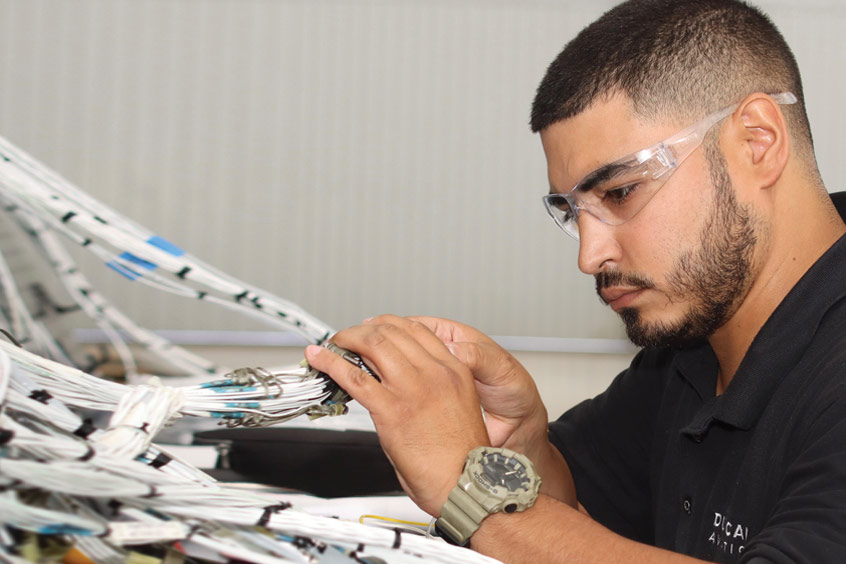Why visit ACE ’25?

Duncan Aviation has received the first-ever multi-location FAA-issued repair station certificate, uniting all of its facilities and satellites under a single repair station number (JGVR194F). On 29 October, its satellites and additional fixed locations (AFLs) in Oxford, Connecticut; Bedford, Massachusetts; Teterboro and Morristown, New Jersey; and White Plains, New York; began operating as AFLs under the Duncan Aviation repair station certificate in Lincoln, Nebraska.
The remaining main facilities in Battle Creek, Michigan and Provo, Utah, as well as the rest of Duncan Aviation's satellites and AFLs, transitioned to the Lincoln repair station certificate on 10 December. The quality team at Duncan Aviation, lead by enterprise quality manager Mike Mertens, transitioned the first five satellites, resolved issues and transitioned the wider enterprise prior to surrendering the dozens of separate repair station certificates.
In addition to this being an exciting, memorable and monumental change for Duncan Aviation, it's also the first time ever that the FAA has granted a single repair station certificate for multi-location facilities. Now, instead of consulting dozens of FAA Flight Standard District Offices (FSDO) representatives in dozens of different locations throughout the country, every Duncan Aviation location will consult the FSDO in Lincoln, Nebraska.
"Although, briefly, the transition complicated things at our end because the satellites have been operating the same way for more than 38 years, it will actually make our goal of meeting our customer needs much easier," says enterprise manager of satellite operations Matt Nelson. "We're now able to send technicians from one location to another without worrying which repair station number they're working under. It will also allow us more flexibility in the addition and removal of certain capabilities."
The greatest benefit to customers is that with one group overseeing and supporting all of the Duncan Aviation locations, the service will be the same at every location.
"Theoretically, the service we provide has been the same no matter the location, but with each location dealing with different FAA personnel, there was always the possibility of slightly different interpretations of rules," says Mertens. "Now, with only one person, there will be one interpretation. As a result, we will be even more consistent in providing the same service at every location."
The single repair station number will allow the FAA to shift its focus from administrative tasks to safety issues.
"A further benefit to Duncan Aviation's customers is that the FAA will look at work orders for technicians on the floor," says Mertens. "Roughly one-third will be looked at by the FAA FSDO team in Lincoln, one-third will be looked at by the local FSDO team at the request of Lincoln and one-third will be inspected by Duncan Aviation's enterprise manager of the safety management system Mike Brown and quality chief inspector Jeff King. This allows inspectors at all of the locations to focus on airworthiness instead of administrative issues."
The reality is Duncan Aviation had been operating under the same repair station manual, but up until 10 December, 2023 there were dozens of FAA inspectors overseeing the 23 different certificated repair stations, all of which required a separate review.
"This unification will simplify things dramatically for the FAA by having only one group inspecting the standard requirements," says Mertens.